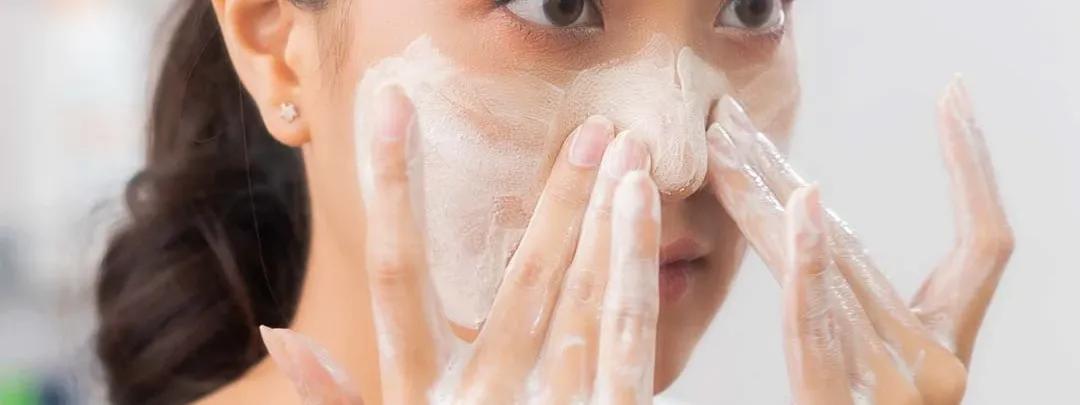Your shower routine might be about to get a massive glow-up. Making your own body wash isn't just trendy—it's actually brilliant for your skin and wallet. Real talk, most shop-bought cleansers are packed with harsh chemicals that can leave your skin feeling stripped and cranky. When you whip up your own batch, you get to choose exactly what goes on your skin. Think nourishing oils, gentle cleansing agents, and gorgeous scents that make every shower feel like a spa day. Plus, you'll know exactly what's in your bottle—no mysterious ingredients or tongue-twisting chemicals.
Understanding Natural Skincare and Body Wash
Natural skincare is all about using ingredients that work with your skin, not against it. A good body wash should cleanse without stripping away your skin's natural oils—something many commercial products fail at.
Benefits of DIY Body Wash
Making your own cleanser gives you serious control over what touches your skin. You can create a moisturising shower gel that actually hydrates instead of drying you out. It's also way more budget-friendly than splashing out on fancy organic bath products every month.
• **Customisation for your skin type** - sensitive, oily, or dry skin all need different care
• **Complete ingredient control** - no nasties or allergens you want to avoid
• **Cost-effective** - one batch can last months
• **Eco-friendly** - less packaging waste and harmful chemicals down the drain
Essential Ingredients for Natural Body Wash
The magic happens when you combine the right base ingredients. Organic bath products typically use gentle surfactants derived from coconut or other plant sources. Essential oils add gorgeous scents whilst providing therapeutic benefits.
• **Base oils and butters** - coconut oil, shea butter, or jojoba oil
• **Natural cleansing agents** - castile soap or gentle surfactants
• **Essential oils** - lavender, tea tree, or eucalyptus
• **Natural preservatives** - vitamin E oil or rosemary extract
Preparing Your DIY Body Wash Workspace
Before diving in, you'll want to set up a clean, organised space. Think of it as your own little laboratory where magic happens. Make sure all your tools are spotless and your ingredients are within easy reach.
Tools and Equipment Needed
You don't need fancy equipment—most things are probably already in your kitchen. Clean everything thoroughly before starting, because bacteria in your hydrating body cleanser is definitely not the vibe.
• **Glass mixing bowls** - plastic can retain oils and scents
• **Measuring cups and spoons** - accuracy matters for consistency
• **Whisk or spoon** for mixing
• **Funnel** - makes bottling so much easier
• **Storage bottles** - pump bottles or squeeze bottles work brilliantly
Ingredient Selection and Quality
Quality ingredients make all the difference in your final product. Look for organic, cold-pressed oils and pure essential oils rather than synthetic fragrances. Your skin will absolutely thank you for choosing the good stuff.
Basic DIY Body Wash Recipe
This recipe creates a gentle, 

 200ml
200ml Combo
Combo 200 ml
200 ml 300 ml
300 ml